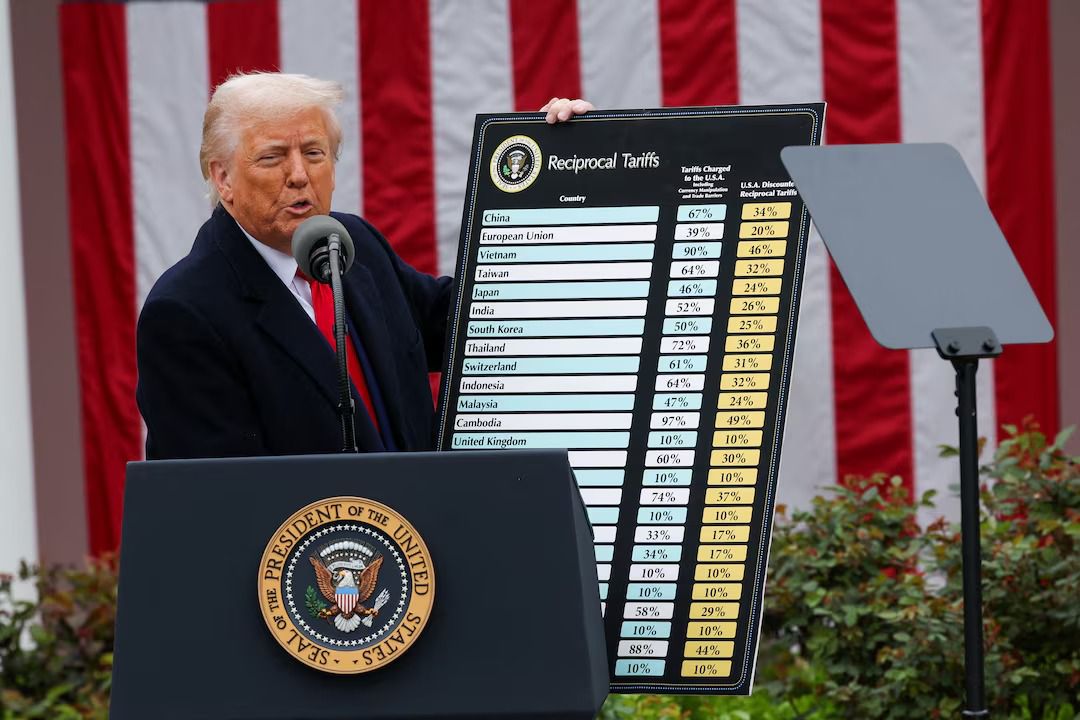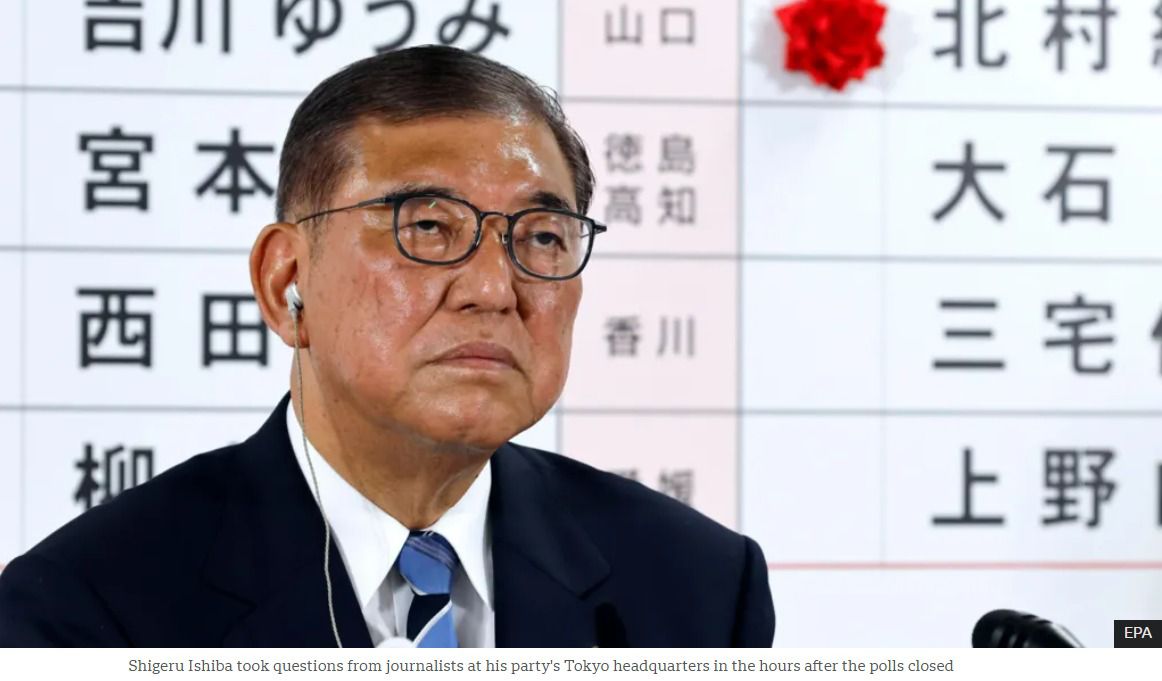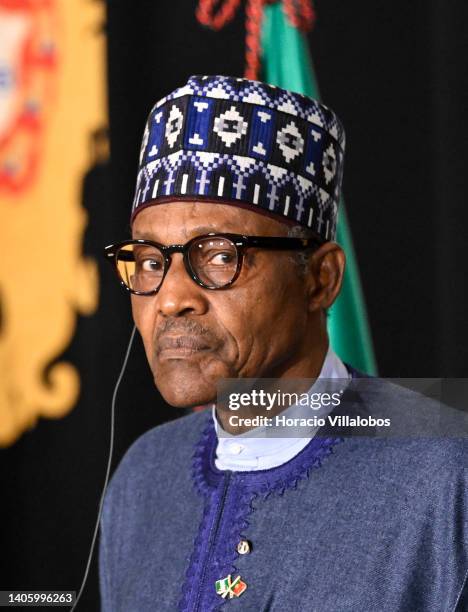HARARE – Zimbabwean goods will now face tariffs of at least 18% under U.S. President Donald Trump’s newly announced “reciprocal tariffs,” a move that has heightened global trade tensions and raised concerns about economic fallout.
Trump unveiled the sweeping trade measures on Wednesday from the White House Rose Garden, imposing a 10% tariff on most imports into the United States while introducing significantly higher levies on select countries. The penalties, aimed at countering what Trump calls unfair trade practices, have already rattled global markets, with leaders in Asia and Europe warning of severe economic consequences.
For Zimbabwe, the tariffs mark a shift in trade relations with the United States, even though the two countries engage in minimal trade. In 2024, Zimbabwe exported just $67.8 million worth of goods to the U.S., according to U.S. trade data. The country’s key exports to America include sugar, tobacco, and ferroalloys.
Trump’s administration calculated Zimbabwe’s “reciprocal tariff” based on the goods trade deficit between the two nations, which stood at $24.1 million in 2024. Using its formula—dividing the trade deficit by Zimbabwe’s total exports to the U.S.—Washington arrived at a 35% estimated tariff rate Zimbabwe allegedly applies to U.S. imports. Under Trump’s policy, a “discounted reciprocal tariff” of 18% was then set for Zimbabwean goods entering the U.S.
While Zimbabwean tobacco already faces steep tariffs and excise taxes in the U.S., the broader increase in levies on exports could further strain the country’s limited trade with America. Zimbabwean tariffs on U.S. goods, in reality, vary by product, rather than a blanket rate.
Globally, Trump’s tariff plan has sparked backlash, with the European Union and Japan, both close U.S. allies, also targeted. EU Commission President Ursula von der Leyen called the move “a major blow to the world economy” and warned of retaliatory measures if negotiations with Washington failed.
Trump defended the tariffs as a necessary response to decades of what he described as unfair trade practices. “For decades, our country has been looted, pillaged, raped, and plundered by nations near and far, both friend and foe alike,” he said.
The base 10% tariff will take effect on April 5, while the higher reciprocal rates, including the 18% on Zimbabwean exports, will be implemented from April 9. Some commodities, such as copper, pharmaceuticals, and critical minerals unavailable in the U.S., are exempt.
With global markets reeling and the prospect of further trade conflicts looming, Zimbabwean exporters now face an uncertain future as they assess the impact of Trump’s latest economic policy shift.
Kukurigo Updates











